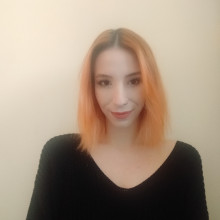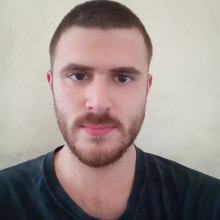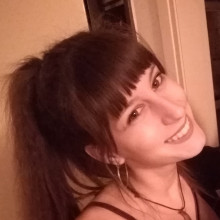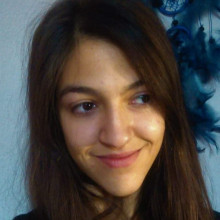Position Description
Evaluation of the clinical use of implantable scaffolds
For the full announcement, follow the link "Related Documents"
Required Qualifications
- BSc in Medical Sciences
- PhD in Medical Sciences
- Experience in the development of clinical study protocols
- Experience in the evaluation of medical products for clinical use
Application Procedure
Interested candidates who meet the aforementioned requirements are kindly asked to submit their applications to the address (hr@iesl.forth.gr), with cc to the Dr Emmanuel Stratakis (stratak@iesl.forth.gr).
In order to be considered, the application must include:
- Application Form (Form Greek or Form English to the left)
- Detailed curriculum vitae (CV) of the candidate
- Scanned Copies of academic titles
Appointment Duration
6 monthsPosition Description
Theoretical Investigation of non-linear optical properties of nanocomposite materials
For the full announcement, follow the link "Related Documents"
Required Qualifications
- BSc in Engineering
- PhD thesis relevant to the Investigation of non-linear optical properties of materials
- Scientific publications in international scientific journals
- Good knowledge of English Language
Application Procedure
Interested candidates who meet the aforementioned requirements are kindly asked to submit their applications to the address (hr@iesl.forth.gr), with cc to the Dr Emmanuel Stratakis (stratak@iesl.forth.gr).
In order to be considered, the application must include:
- Application Form (Form Greek or Form English to the left)
- Detailed curriculum vitae (CV) of the candidate
- Scanned Copies of academic titles
Appointment Duration
6 months
Education
- Currently pursuing a M.Sc in NTUA, Athens, Greece
- 2020, B.Sc Physics Dpt, Univ of Crete, Greece
Interests
- Carbon nanotubes
- Temperature sensors

Education
- 2020, B.Sc Physics Dpt, Univ of Crete, Greece





Position Description
This position focuses on simulating the dynamics of optically controlled quantum dots and evaluating the viability of protocols for the generation of entangled graph states from such quantum emitters using analytical and numerical techniques.
For the full announcement, follow the link "Related Documents"
Required Qualifications
- Bachelor’s degree in Physics with GPA at least 7.8
- Graduate-level courses in quantum optics, quantum information, and semiconductor physics
Desirable Qualifications
- Knowledge of Python or other programming language
- Familiarity with Mathematica
Application Procedure
Interested candidates who meet the aforementioned requirements are kindly asked to submit their applications, no later than June 19, 2020, 23:59 local Greece time to the address (hr@iesl.forth.gr), with cc to the Scientific Coordinator, Ass. Prof. Sophia Economou (economou@vt.edu).
In order to be considered, the application must include:
- Application Form (Form Greek or Form English to the left)
- Brief CV
- Scanned copies of academic titles
- University department certificate for enrollment in a master's program


